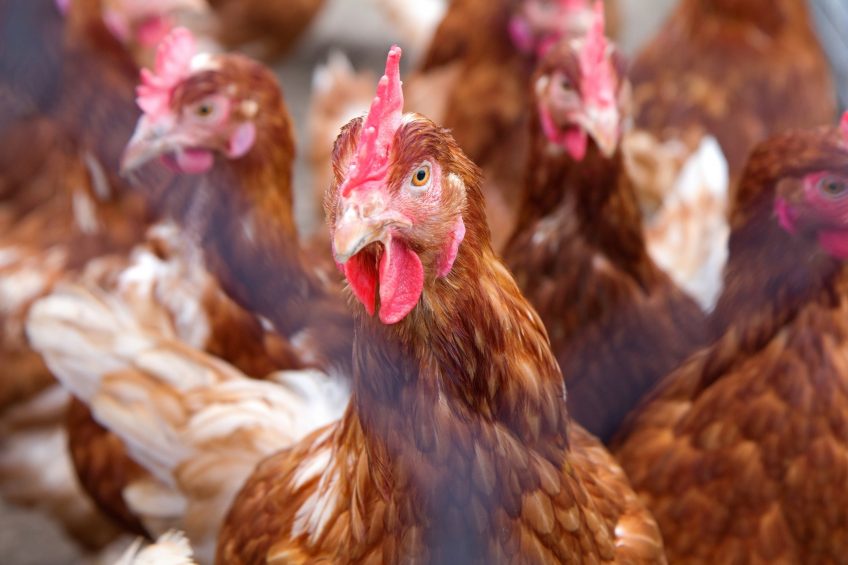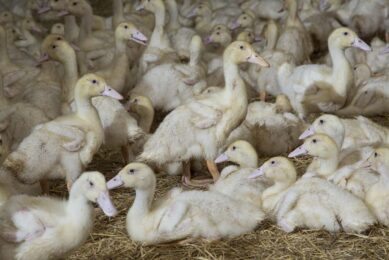EU Commission proposes 16-week free-range marketing derogation

Proposals by the European Commission to extend the current 12-week derogation for free-range producers in the event of an avian influenza outbreak have been cautiously welcomed.
The Commission has released a document ahead of a member state meeting on 20 July, which looks at the current derogation for producers affected by AI restrictions.
It comes following widespread concern across Europe about how member states dealt with the marketing restrictions in the recent outbreak.
The Commission is proposing that the 12 week derogation is extended to 16 weeks without any additional requirement for outdoor protected areas, such as verandas. It would apply on a flock rather than a farm basis.
The derogation would start for the subsequent flock when it is housed (from 17 weeks) and not when the hens lay their first egg, as the Commission believes it would be difficult to define the date of the first egg.
After 16 weeks, eggs would be downgraded from free-range to barn eggs.
But despite work by the British Egg Industry Council and its European sister organisations to press the Commission to adopt a veranda style system, that proposal had been dropped.
Mark Williams, secretary general of EUWEP, has said the use of winter gardens to allow hens limited access to outdoor space was the most sensible compromise.
Mr Williams has stressed that consumers needed greater clarification on the marketing regulations in order to prevent confidence from being undermined.
The NFU said in a statement the proposal from the Commission was short of its position and represented a typical EU compromise.
But added that it was better than the current Housing Order restrictions.
“It is an improvement on the current position and introduces some flexibility. We continue to meet with Defra to promote the NFU position and also to raise awareness of free-range poultry producers,” said the union.
If member states agree with the proposal at the Agriculture Council meeting on 20 July, the Commission is expected to proceed with a delegated act, which could come into force before Christmas.
In its document, the Commission gives three scenarios all demonstrating the impact of, for example, a 28-week housing order on the proposed 16-week-per-flock derogation. In one of the scenarios, a producer has retained free range marketing status for a total of 24 weeks spread over two flocks.
Last year, Defra introduced a Housing Order in England on 6 December, which ended after 12 weeks on 28 February for flocks outside the Higher Risk Areas (HRAs). Free range flocks in HRAs faced a further 6 weeks under the Housing Order regime, before it was lifted on 13 April.
Join 31,000+ subscribers
Subscribe to our newsletter to stay updated about all the need-to-know content in the poultry sector, three times a week. Beheer
Beheer








 WP Admin
WP Admin  Bewerk bericht
Bewerk bericht